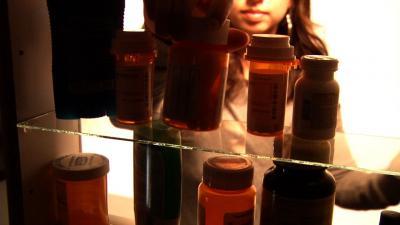Also of concern was the study's finding that children 5 years and younger had a higher rate of ED visits for unintentional drug-related poisonings than all other age groups.
"Despite the fact that successful prevention strategies targeted at young children have helped to decrease the occurrence of drug-related poisonings in this population, the number of unintentional poisonings among this age group is still too high," said Dr. Smith. "Our findings reinforce the importance of increasing efforts to prevent unintentional drug exposures among young children in the United States."
Data for this study were obtained from the 2007 Nationwide Emergency Department Sample (NEDS), one of the Health Care Utilization Project data sets from the Agency for Healthcare Research and Quality. NEDS data enable analyses of ED utilization patterns and yield national estimates of ED visits. The 2007 NEDS was released in April 2010. The data set includes approximately 27 million ED visits from about 970 hospital-based EDs in 27 states, and it generates national estimates pertaining to more than 120 million ED visits.

Dr. Gary Smith, director of the Center for Injury Research and Policy at Nationwide Children's Hospital, explains that, over the past decade, drug-related poisonings have been on the rise in the United States. Watch as he explains the findings of his study where he found that children 5 years and younger have a higher rate of ED visits for unintentional drug-related poisonings than all other age groups.
(Photo Credit: Nationwide Children's Hospital)

Dr. Gary Smith explains that his findings reinforce the importance of increasing efforts to prevent unintentional drug exposures among young children in the United States.
(Photo Credit: Nationwide Children's Hospital)
Source: Nationwide Children's Hospital